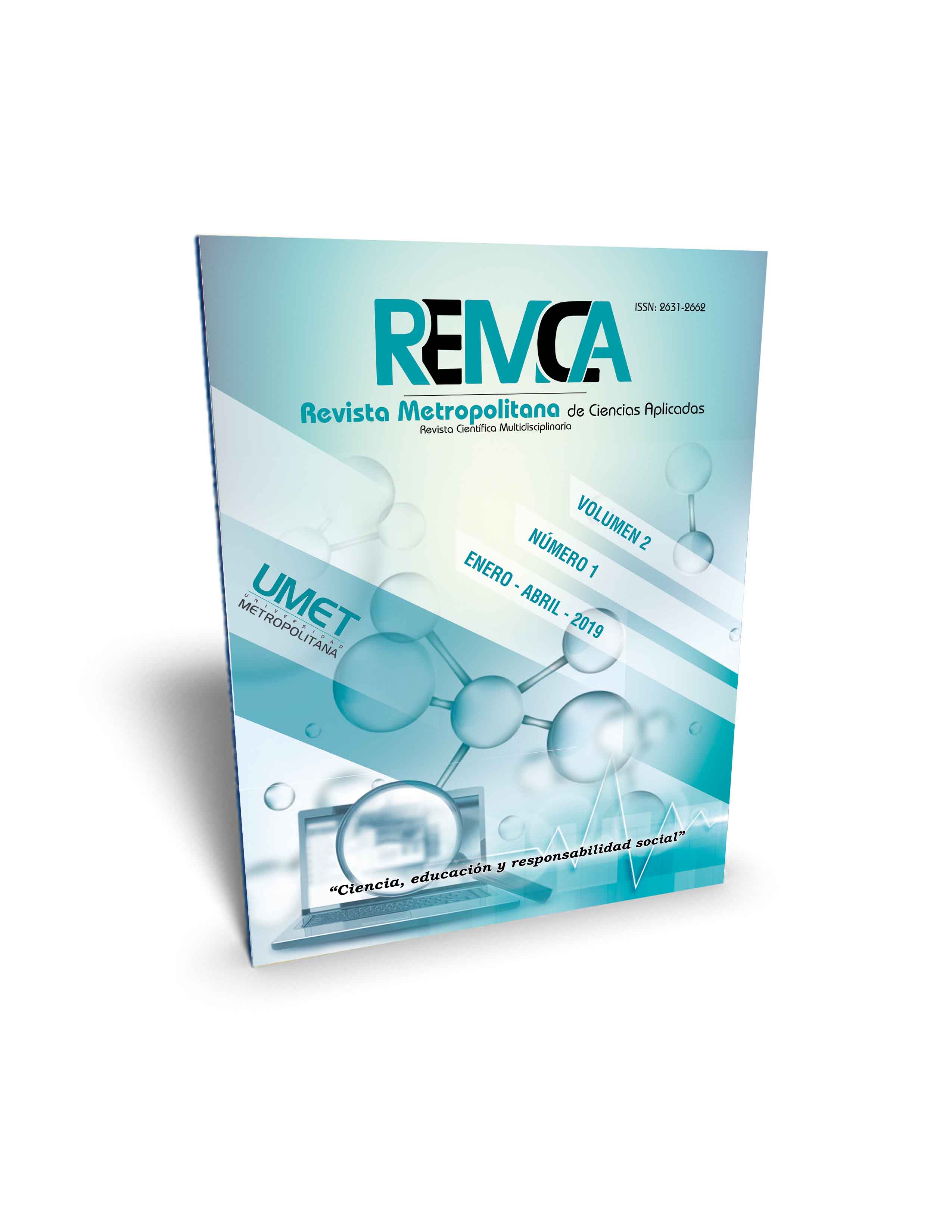Justice and law from the perspective of the social order and culture legal philosophical
DOI:
https://doi.org/10.62452/a45fnk24Keywords:
Justice, law, social order, juridical cultureAbstract
The present work analyzes from the philosophical and legal perspective, a substantial concept for the understanding of law as a political and social category, this is justice, under the understanding of legality, as the strict adherence to the law, the impartial and correct application and interpretation of positive law. It is examined under the assumption that it is necessary to promote legal culture as an element that allows justice to radiate towards each individual citizen and towards the social order in general as a contribution to the process of formation and preparation of society and also to conform a triad with the concept of legality.
Downloads
References
Bobbio, N. (2005). Derecho y Democracia.Camerino: Universidad de Camerino.
Habermas, J. (1993). Factibilidad y Validez. Madrid: Tecnos.
Kelsen, H. (2008). La Paz por Medio del Derecho. Madrid Trotta.
Laborde, R. N. (2010). Introducción general al Derecho. Bogotá: Fundación Fondo de Publicaciones.
Olea, F. J. (2005). Derecho Romano I. México: IURE editores.
Pabón, A. (1999). Diálogo de Platón. Buenos Aires: Arte.
Platón. (2009). La República. Madrid: Akal.
Rawls, J. (2006). Teoría de la justicia. Cambridge: The Belknap Press of Harvard University Press.
Saul, M. (2005). República. Madrid: Gredos.
Tomas, W. (1983). Esferas de la Justicia. México: Fondo de Cultura Económica.
Torres, G. C. (2014). Diccionario jurídico elemental. Buenos Aires: Heliasta .
Downloads
Published
Issue
Section
License
Copyright (c) 2019 Alizia Agnelli Faggioli, Belkis Alida García, Yisel Muñoz Alfonso (Autor/a)

This work is licensed under a Creative Commons Attribution-NonCommercial-ShareAlike 4.0 International License.
Authors who publish in Revista Metropolitana de Ciencias Aplicadas (REMCA), agree to the following terms:
1. Copyright
Authors retain unrestricted copyright to their work. Authors grant the journal the right of first publication. To this end, they assign the journal non-exclusive exploitation rights (reproduction, distribution, public communication, and transformation). Authors may enter into additional agreements for the non-exclusive distribution of the version of the work published in the journal, provided that acknowledgment of its initial publication in this journal is given.
© The authors.
2. License
The articles are published in the journal under the Creative Commons Attribution-NonCommercial-ShareAlike 4.0 International License (CC BY-NC-SA 4.0). The terms can be found at: https://creativecommons.org/licenses/by-nc-sa/4.0/deed.en
This license allows:
- Sharing: Copying and redistributing the material in any medium or format.
- Adapting: Remixing, transforming, and building upon the material.
Under the following terms:
- Attribution: You must give appropriate credit, provide a link to the license, and indicate if any changes were made. You may do this in any reasonable manner, but not in any way that suggests the licensor endorses or sponsors your use.
- NonCommercial: You may not use the material for commercial purposes.
- ShareAlike: If you remix, transform, or build upon the material, you must distribute your creation under the same license as the original work.
There are no additional restrictions. You may not apply legal terms or technological measures that legally restrict others from doing anything the license permits.




